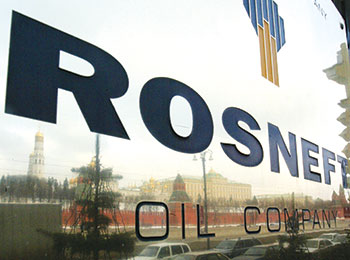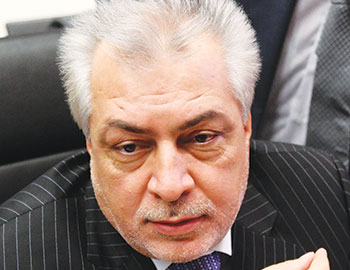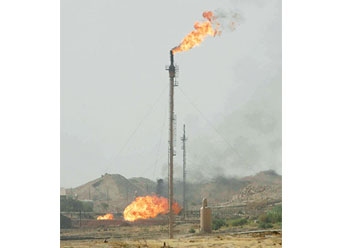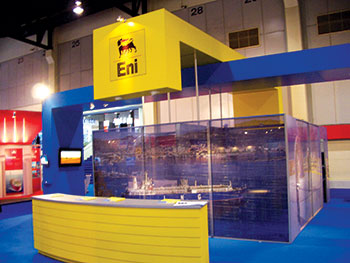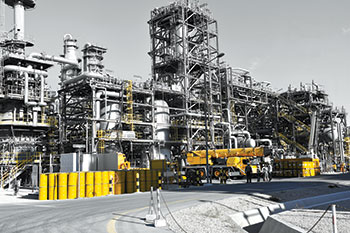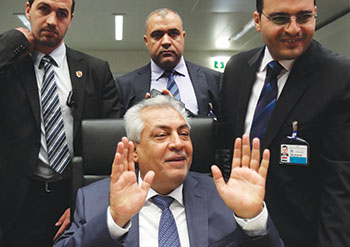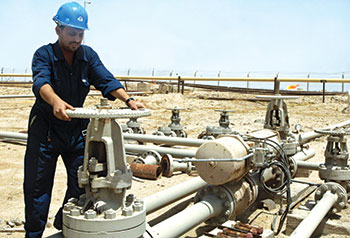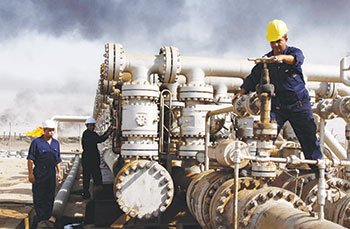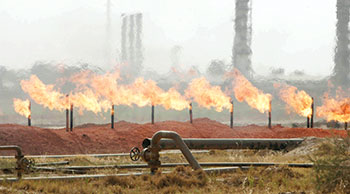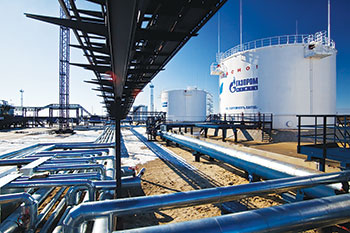
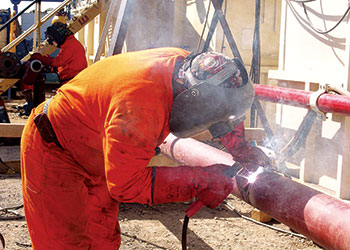 The Kuwaiti gas project is a quick fix and an easy way to monetise gas resources
The Kuwaiti gas project is a quick fix and an easy way to monetise gas resources
The project would allow Kuwait to diversify its gas imports in the wake a political crisis between Gulf states and major supplier Qatar. It will also deal a blow to Royal Dutch Shell, which aimed to be the dominant gas player in Iraq
Iraq has hired Japan’s Toyo Engineering to help build a gas pipeline to Kuwait and a related petrochemical plant as Baghdad looks to reduce flaring and finish paying reparations owed for its 1990 invasion of its neighbour.
The project, details of which have not been reported before, would allow Kuwait to diversify its gas imports in the wake a political crisis between Gulf states and major supplier Qatar.
It would also deal a blow to Royal Dutch Shell, which aimed to be the dominant gas player in Iraq before relations with Baghdad soured following Shell’s exit from large oil projects.
"Iraq needs to urgently reduce gas flaring as it trails behind all targets it has promised the World Bank," says a senior industry source working on the project but not allowed to discuss it publicly.
"The Kuwaiti gas project is a quick fix and an easy way to monetise gas resources."
The World Bank, which has repeatedly made reducing gas flaring a condition of lending to Baghdad, did not respond to a request for immediate comment.
Toyo is proposing to construct a gas pipeline and start deliveries after 2019, industry sources says.
Toyo’s chief financial officer, Kensuke Waki, told Reuters that talks about a pipeline and a petrochemical plant were ongoing but a final investment decision had not yet been made.
Kuwait is very keen on the project and has offered a sovereign guarantee for up to 80 per cent of the costs, industry sources says. No total cost has been announced.
Kuwait’s oil ministry did not respond to a request for immediate comment. Oil minister Issam Al Marzouq says that talks between Kuwait and Iraq were focused on a proposal to use gas to help pay Baghdad’s final $4.6 billion in war compensation payments.
Iraqi oil ministry spokesman Asim Jihad says talks were focusing on price and confirmed that supplies could be used to help pay off reparations.
Industry sources told Reuters the talks have faltered over price, however.
They say Kuwait is pushing for a price of less than $3 per mbtu (million British thermal unit), in line with US Henry Hub prices. But that is less than half what Iraq pays in the north when importing gas from neighbouring Iran.
"The price of gas remains the key sticking point for now," one of the sources says.
He also says both Iraq and Kuwait were pushing to have the petrochemical plant built on their territory to further capitalise on gas deliveries.
Discussions with Iraq are ongoing, a senior Kuwaiti oil industry source with knowledge of the project says, adding that it was not yet clear if gas would come from West Qurna 2 operated by Russia’s Lukoil or from Rumaila, operated by BP.
Iraq used to supply Kuwait with gas from Rumaila.










































































